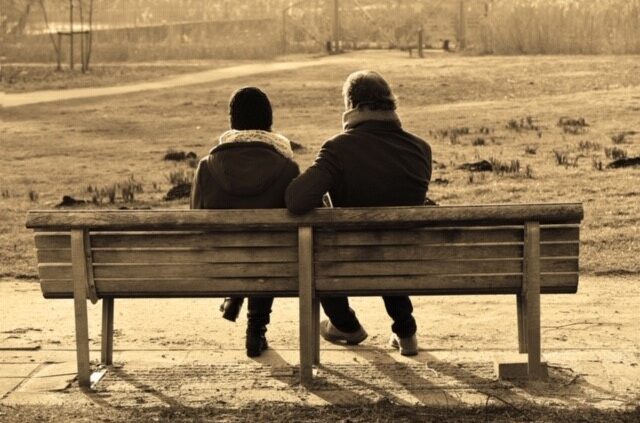Why You Should Update Your Will After Buying a Property
If you have recently bought a property, now is a good time to make or renew your Will. This ensures your property – which is probably your biggest asset – is inherited by the right people after your death.
What happens if I don’t make a Will?
If you don’t make a Will, the State decides what happens to your property when you die. The rules vary depending on whether you are the sole owner, a joint owner or tenants in common.
You are the sole owner
If you are the sole owner, it means the property is in your name alone. If you die without a Will, the property will be distributed according to the Succession Act. This creates an order of priority amongst your remaining living relatives. Those at the top of the list receive the greatest share of your assets. Typically, this is your spouse, civil partner or children. If this is not applicable, the property may pass to your parents, siblings or other living relatives instead.
This might not align with your wishes. For example, imagine that you have an unmarried partner and you want him/her to inherit your property. Unless you make a Will, your partner is not automatically entitled to anything and could be disinherited entirely. Or perhaps you don’t want your property to pass to a particular parent because he/she has remarried. This means your property could end up forming part of your step-parent’s estate, should you die first.
Everyone’s family situation is different. You need to think carefully about whether there could be any unintended consequences, should you die without a Will. Otherwise, your property could end up in the hands of someone you would never have chosen as a beneficiary.
You are joint owners
If you own a property as joint tenants, it means you both have an equal right to the possession of the property. If one owner dies, the other automatically receives the deceased person’s share, making them the sole owner of the entire property. It does not matter whether or not you are married. This applies, even if you do not make a Will.
You are tenants in common
Another way of owning a property with someone else is as tenants in common. This means you each own a share of the property, which may be unequal. You can decide what happens to your share after your death. It is not automatically inherited by the other tenant in common. If you make a Will, you can leave your share to a chosen beneficiary (or a number of beneficiaries). The only rule is that you cannot unfairly disinherit your spouse, civil partner or children.
If you do not make a Will, your share of the property is subject to the Succession Act. As discussed above, this means your share of the property could be inherited by a relative who you would never have chosen. Any unmarried partners, or other close friends, will receive nothing.
Protect your biggest asset
Most property owners have very strong views about who should inherit their home, in the event of their death. Yet lots of people fail to put a Will in place, meaning the decision is made by the State instead. This seems like a strange way to protect what is probably your biggest asset. To avoid this, you need to make a Will, detailing what should happen to your property after you die.
We know that buying a property is an exciting time and making a Will is probably the last thing on your mind. However, we strongly recommend making or renewing your Will shortly after completing your property purchase. You never know what the future might hold. It is better to put the proper legal measures in place now, rather than later.
Contact our solicitors
If you are buying a property in Ireland, please contact us at Mullins & Treacy LLP Solicitors. We are client focused and results driven. We can help you with your property purchase. We can then refer you to our specialist Wills team who can draw up a Will on your behalf. This ensures your property is protected for your loved ones to enjoy.
Call us on 051 391 488 or email reception@mullinstreacy.ie for a no obligation enquiry.
Before you go…
We don’t just help people with property transactions! We also specialise in –


